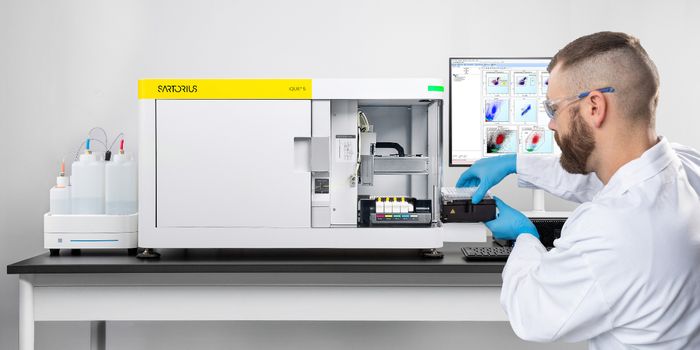Should Lung Cancer Screening Strategies Extend to Non-Smokers?
Low-dose computed tomography (LDCT), a technique that uses X-rays to create detailed images of the lungs, has shown efficacy in diagnosing high-risk individuals, including older adults and smokers. The Centers for Disease Control recommends LDCT for smokers and older adults due to their historical risk for lung disease. This includes adults between the ages of 50 and 80 who have a 20 pack-year or more smoking history within the last 15 years. However, recent increases in lung cancer among young adults without a history of smoking have raised concerns about adequate lung cancer screening approaches.
A recent letter published in the Journal of the American Medical Association (JAMA) has highlighted the potential of LDCT scans in diagnosing early-stage lung cancer in the general population. The study, which involved 11,708 participants aged 40 to 74, found that LDCT detected positive results in about 19% of the participants. Further diagnostic screening biopsies were conducted on 231 participants, leading to a lung cancer diagnosis in 200 of them. Notably, 82.5% of these diagnoses were at stage I, indicating the potential of LDCT in early detection. Notably, the study found that lung cancer detection rates were consistent across both high-risk and low-risk populations. Further, the studies shows no unexpected adverse events.
As our current lung cancer screening strategies are primarily focused on smokers, the increasing rates of malignancy in nonsmokers call for a reevaluation of our approach. Early detection of lung cancer significantly improves patient survival rates. For instance the American Cancer Society, reports that the five-year survival rate for patients diagnosed with localized lung cancer is approximately 65%, compared to only 9% for those with distant lung cancer. Therefore, the development and implementation of novel strategies to enhance early diagnosis could have a profound impact on lung cancer survivorship, potentially saving many lives.
Sources: J Natl Comp Cancer Netw, Lancer Respair Med, JAMA









